With the motto of a safer and fairer internet for everyone, the EU announced its new DMA decisions. Companies that refuse to comply with the new regulation may have their activities in the EU severely restricted.
Accordingly, some big tech companies, which the EU defines as “gatekeepers”, have to take some measures and make some changes.
Let us provide you with a little background.
- The problem: The EU’s Digital Markets Act (DMA) aims to combat the dominance of the largest tech companies. These companies, dubbed “gatekeepers”, have been accused of:
- Unfair self-preferencing: Promoting their own products and services regardless of consumer preference or merit
- Limiting choice: Making it difficult for users to switch platforms or use services from smaller rivals
- Exploiting smaller businesses: Using their market power to impose unfavorable conditions on businesses that rely on their platforms
The DMA introduces strict rules to promote a fairer and more competitive digital landscape, aiming to solve all these problems mentioned above.

What are gatekeepers?
Gatekeepers are typically large, dominant companies that control access to crucial platforms or services.
They have significant power to decide:
- Who gets visibility and reaches users on their platforms
- What rules smaller businesses or competitors must follow
- How easy it is for consumers to switch between platforms or services
The gatekeepers that will be subjected to the DMA compliance deadline by the EU are familiar names:
- Alphabet a.k.a. Google
- Apple
- Amazon
- Meta
- Microsoft
- ByteDance
March 6, 2024: The designated gatekeepers must comply with all DMA rules for their specified “core platform services”.
March 7, 2024: Gatekeepers must submit a detailed compliance report to the EU demonstrating how they plan to adhere to these regulations.
DMA’s demands are what we all have in mind
DMA introduces a series of strict rules targeting the practices of large tech companies, designated as “gatekeepers,” which have been accused of stifling competition and limiting consumer choice.
A key DMA mandate is to force gatekeepers to make core services, like messaging, work seamlessly with smaller competitors. This translates into the ability for users to communicate effortlessly across different platforms, breaking down the isolated ecosystems tech giants have created.
The DMA aims to end the era of gatekeepers unfairly promoting their own products or services in search results and rankings. Competitors will now have a fairer chance to be discovered by users, based on genuine merits rather than the gatekeeper’s preference for its own offerings.

Gatekeepers will no longer be able to strongarm businesses into using their additional services (such as payment systems) simply to be listed on app stores or other platforms. This opens the field and prevents tech giants from leveraging their market dominance to impose unfair requirements.
Gatekeepers must give businesses using their platforms increased access to the data those businesses generate. This means more freedom to use data for targeted advertising or other commercial activities, reducing the gatekeeper’s exclusive control over vital information.
For additional information, refer to The Digital Markets Act website.
Deadline is today
The counter on the DMA website indicates the deadline for gatekeepers and these big tech companies have already published blog posts explaining the changes they will make.
At the time of writing, the deadline is 13 hours away.
Here is a summary of the changes gatekeepers have announced they will make according to the DMA’s new rules:
Alphabet (Google)
- Search engine choice: Users will get dedicated screens to choose a default search engine and web browser on their Android devices
- Search results and comparison sites: Google will include more external links and dedicated spaces for comparison sites in search results for things like flights and hotels
- Data sharing: Opt-out options for sharing data across YouTube, Search, ads services, and more
- Android payments: Developers can promote alternative payment options for Play Store apps
Key Points
- Google has a long history of antitrust battles in the EU, so some of these changes echo previous concessions
- Smaller competitors aren’t entirely happy, criticizing choice screens and Google’s Android payment framework
Refer to the Google blog site for detailed information.
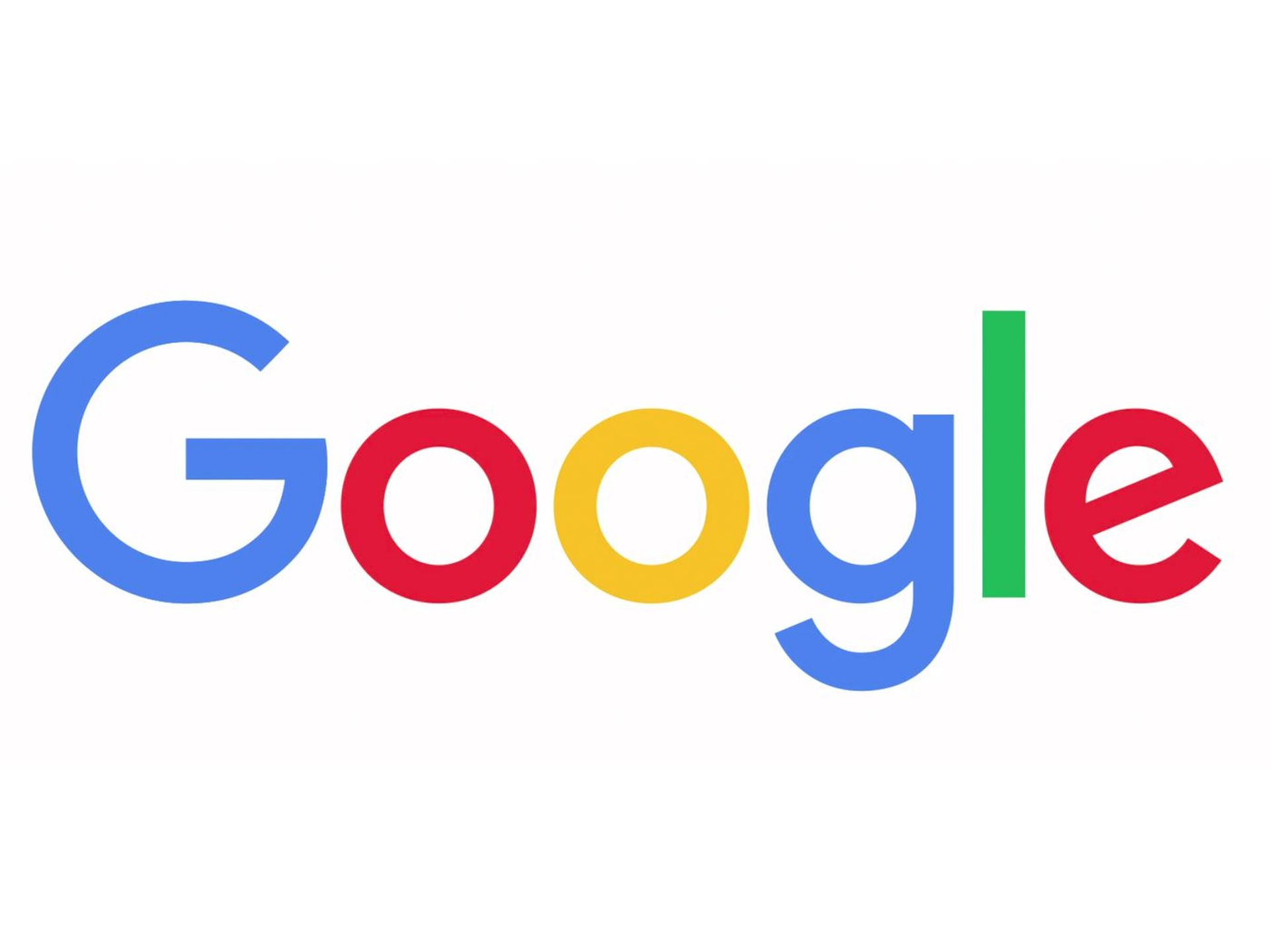
Apple
- Third-party app stores: iOS will now support other app marketplaces, although with restrictions and fees, starting with iOS 17.4
- Alternative browsers: Apple will allow browsers not based on WebKit, with a default browser choice screen
- NFC access: Opening up NFC (the tech behind contactless payments) so apps other than Apple Pay can use it
Key Points
- Apple has fiercely fought these changes, viewing them as insufficient or even malicious compliance
- Few alternative app stores are ready to launch, and it remains unclear when major browsers like Chrome will arrive on iOS
Check out the Apple blog site for detailed information.
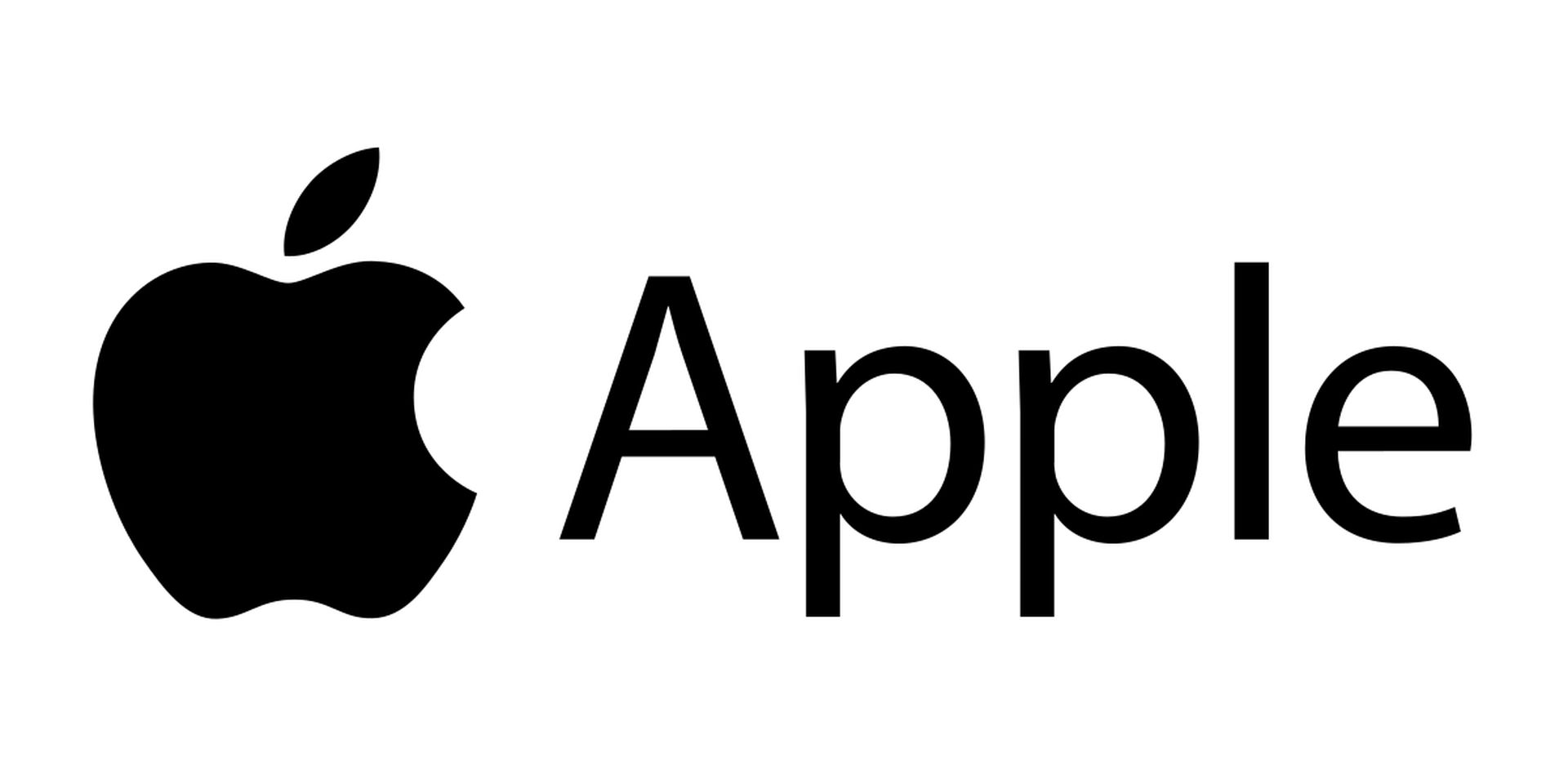
Meta
- Fee for ad-free experience: Users can pay to avoid ads, but this has been met with legal challenges due to the high price
- Data protection features: Gradual rollout of more options to control data use, including the ability to manage Facebook and Instagram accounts separately
- Messaging interoperability: Meta is working on allowing cross-platform messaging with WhatsApp, though there’s no firm timeline yet
Key Points
- Meta is appealing parts of its gatekeeper designation, arguing some services shouldn’t be included
See Meta blog site for detailed information.
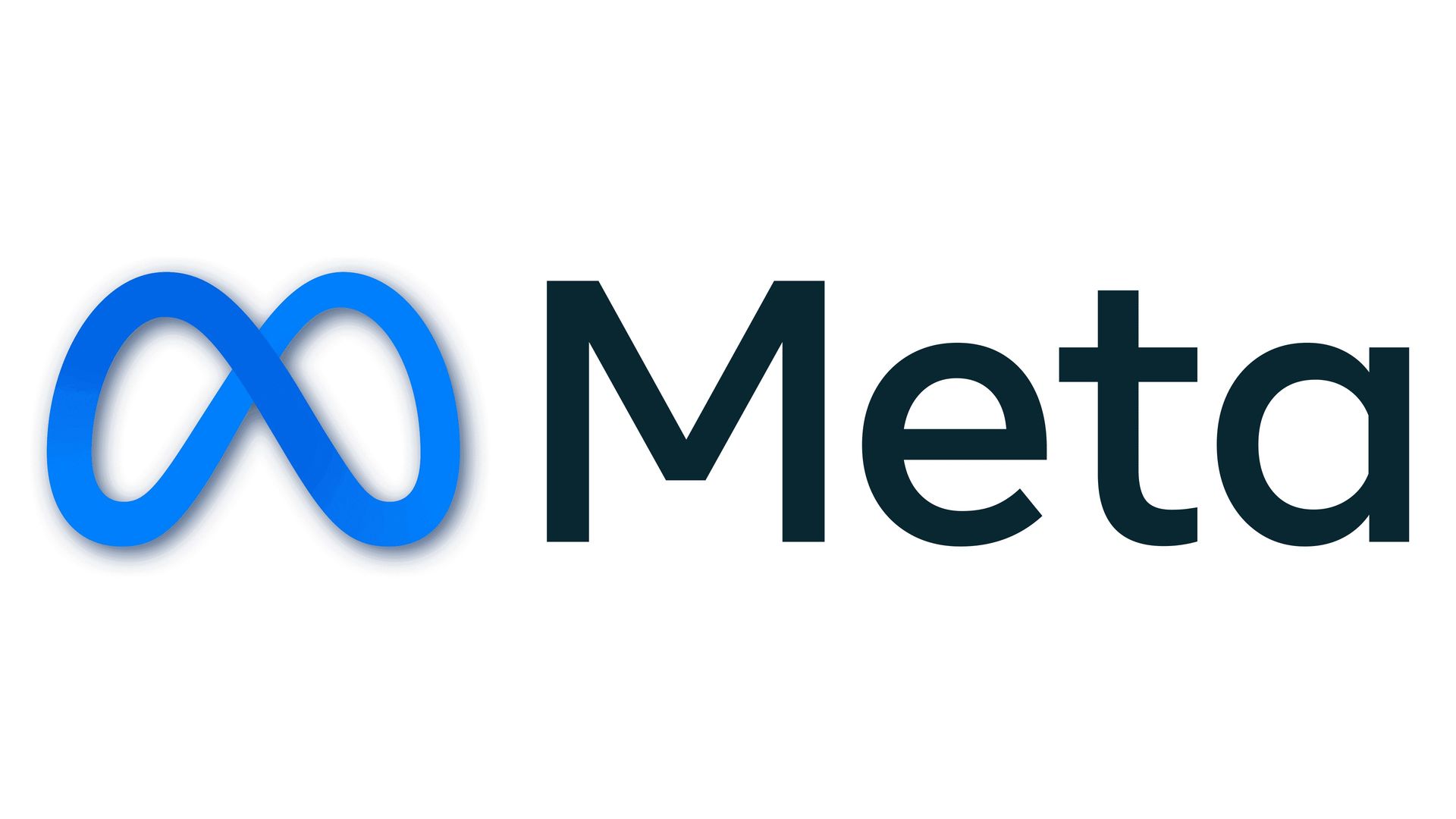
Amazon
- Advertising opt-out: Customers are explicitly asked permission for the use of their data for personalized ads
- Detailed advertising reports: Expanded information sharing with advertisers and publishers about ad fees and placement
- Data “Clean Room”: A service for advertisers to verify ad campaign success in a privacy-focused environment
Key Points
- It’s unclear how Amazon will change its marketplace practices to ensure it doesn’t give its own brands preferential treatment, a past concern of regulators
Take a look at Amazon’s blog site for detailed information.
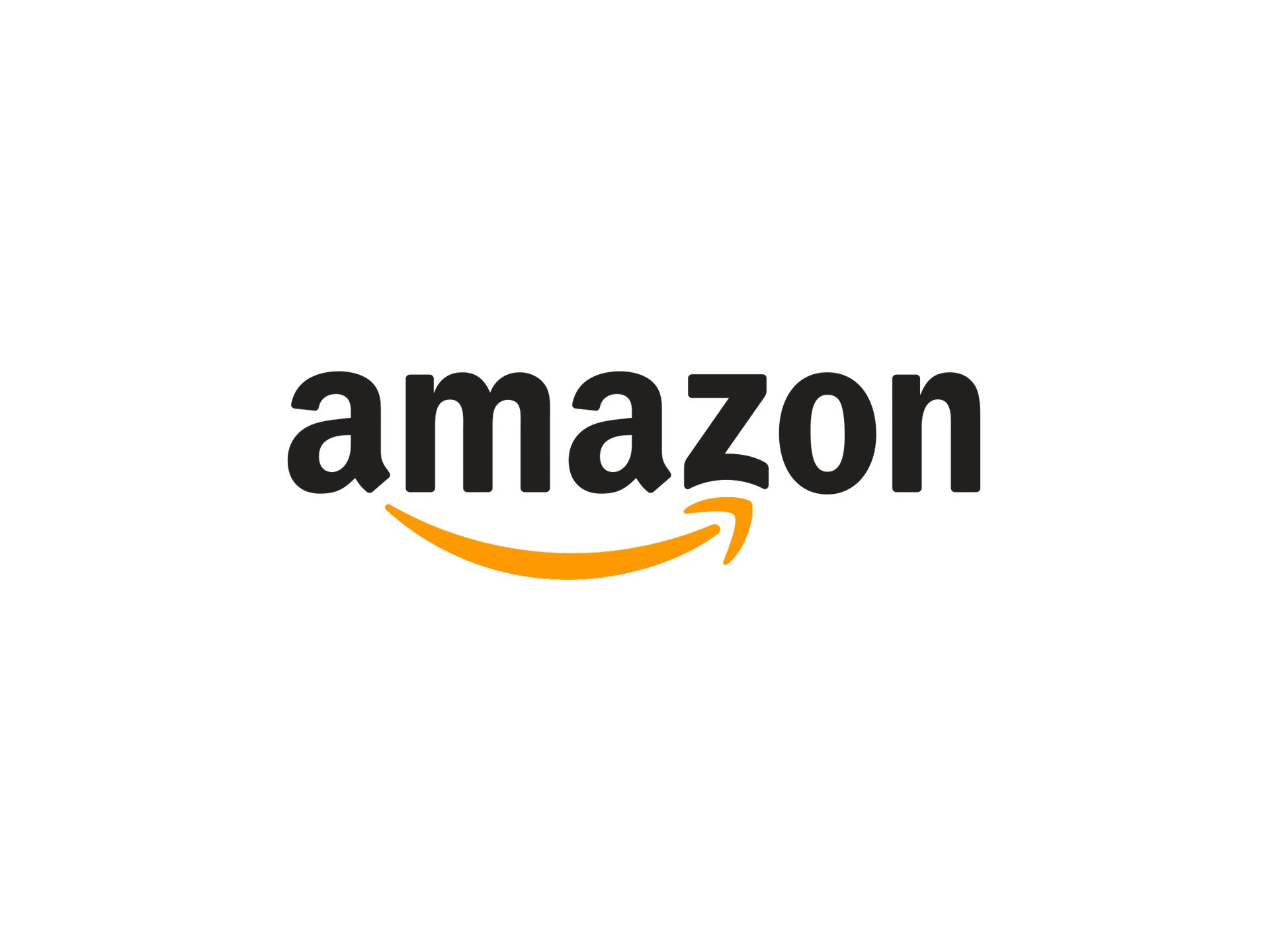
Microsoft
- Bing and Edge: Users can disable Bing search within Windows and even uninstall the Edge browser
- Custom search add-ins: Third parties like Google could potentially offer alternative search interfaces within Windows
- Windows widgets: External companies can add their content feeds to the Windows Widget board
Key Points
- Microsoft successfully appealed to avoid having Bing, Edge, and its advertising business classified as gatekeeper services
Refer to the Microsoft blog site for detailed information.
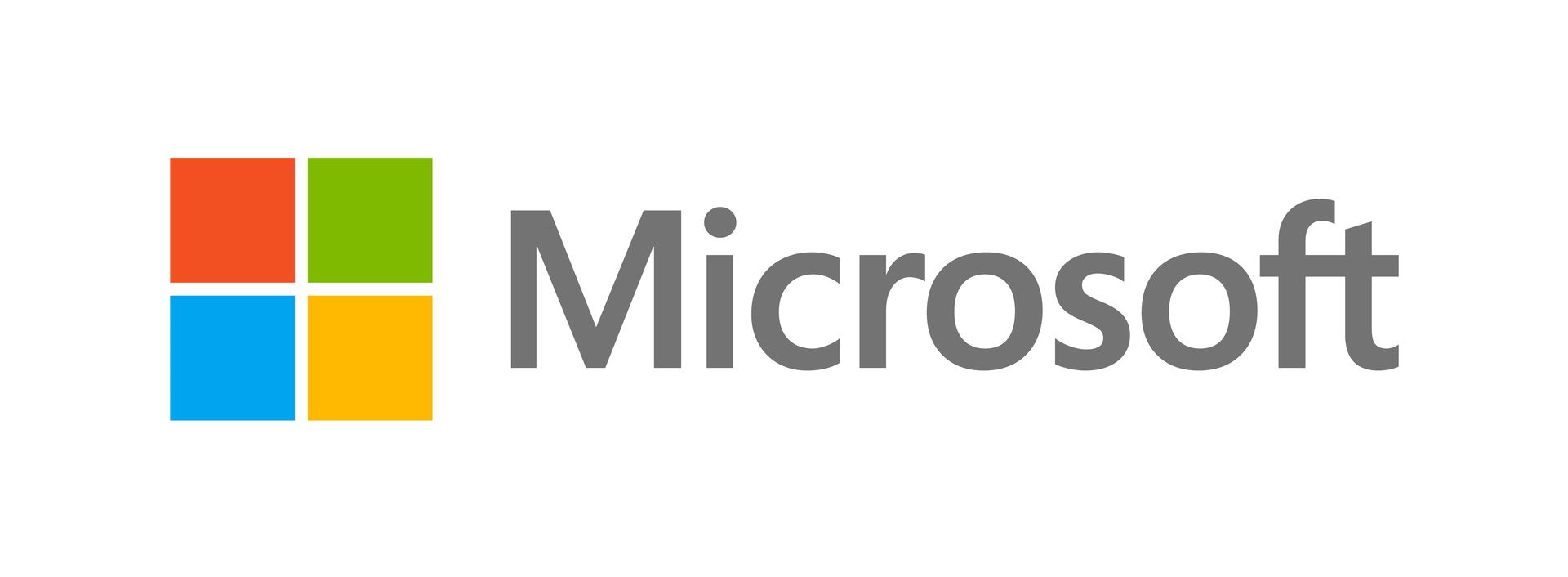
ByteDance (TikTok)
- Data Portability API: Users can move data like posts and followers to other apps more easily
- Enhanced download feature: Improvements to the tool for downloading personal information in bulk
Key Points
- ByteDance is appealing its gatekeeper designation, uniquely arguing that TikTok is a challenger, not a dominant market force
- This reflects a wider political concern that the DMA primarily targets US-based tech companies
Read more at the TikTok blog site for detailed information.
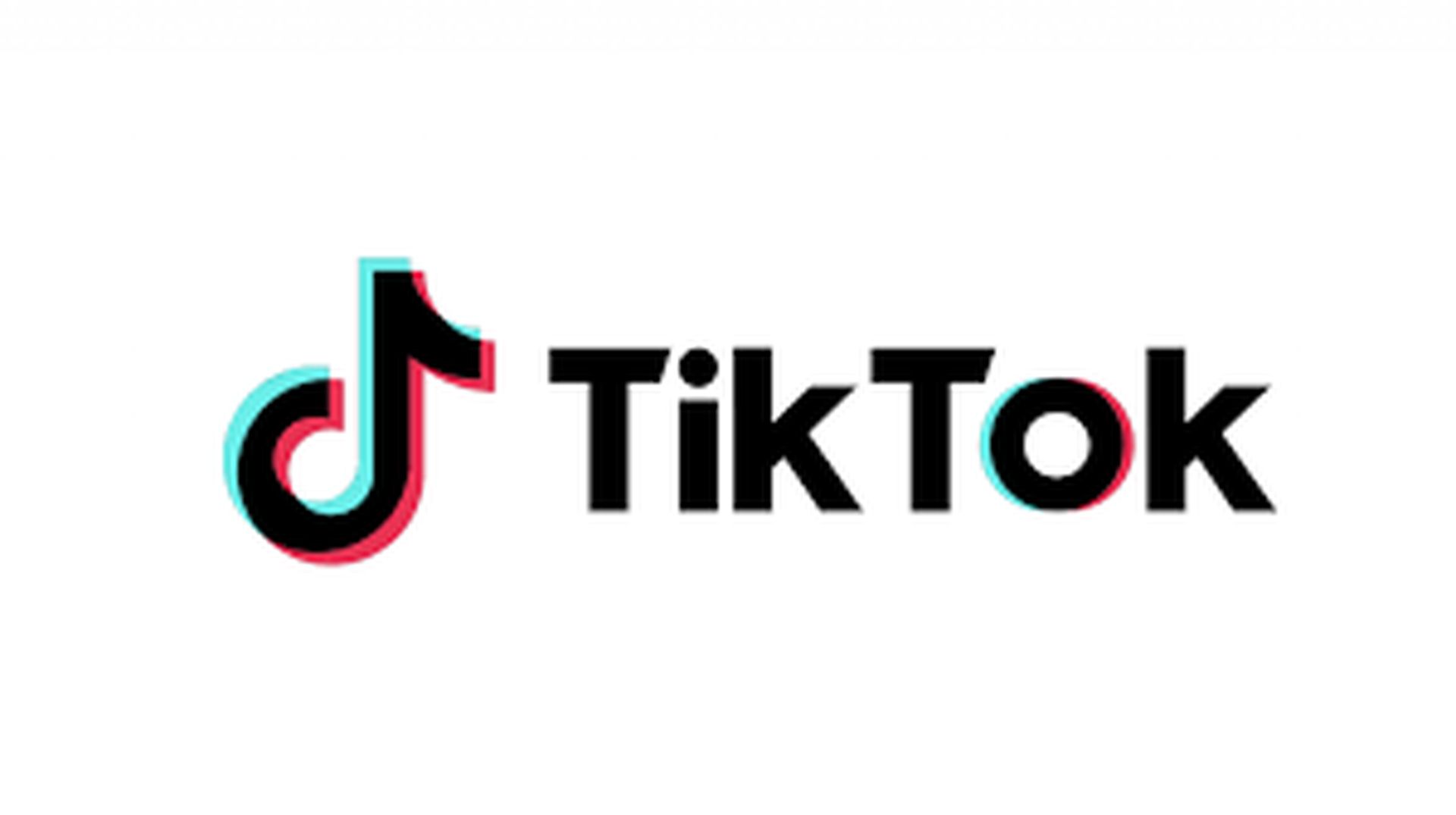
These are the initial changes to comply with the DMA. The full impact and effectiveness will unfold over time. Users in the EU may expect continued pushback and potential legal challenges from the gatekeepers, as they try to limit the effect on their businesses.
It remains to be seen how these changes will benefit consumers and smaller competitors in the EU digital marketplace but one thing is for sure: The Monopoly era is coming to an end in the EU.
Featured image credit: @felipepelaquim/Unsplash.





